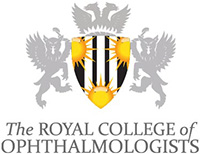Attitudes, Ethics & Responsibilities AER10
With appropriate decision making skills, clinical reasoning and judgement so that they will:
| TITLE | ETHICAL APPROACH |
|---|---|
Code |
AER10 |
Learning Outcome |
|
Assessment |
|
Assessor |
Feedback likely from: medical staff, Allied Health Professional (nurse, optometrist, orthoptists), secretarial and clerical staff |
Target Year of Achievement |
Foundation (annual review) |
Related Learning Outcomes |
|
Overview |
|
Resources |
